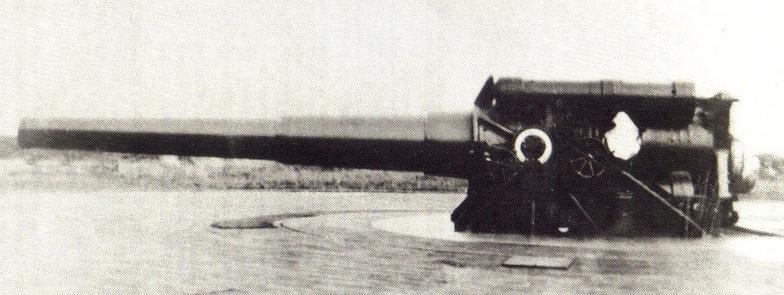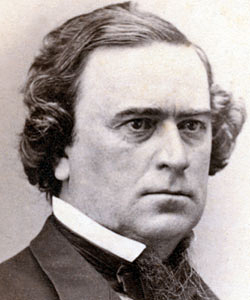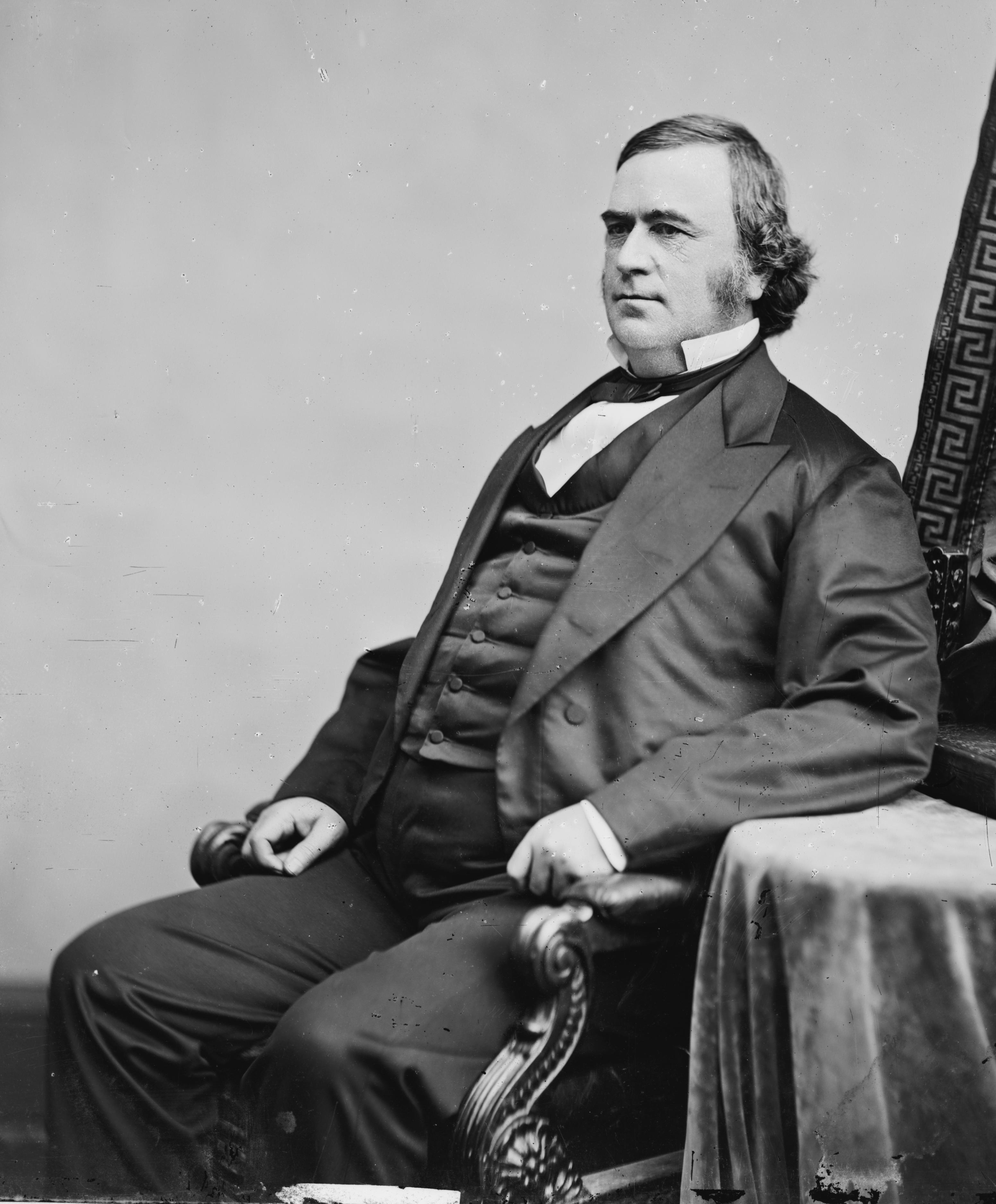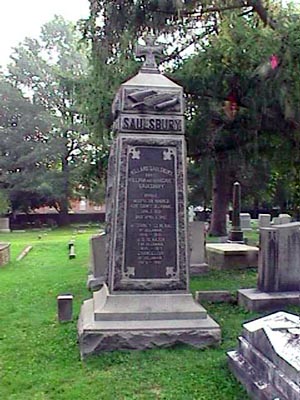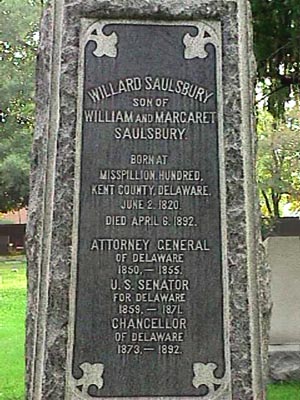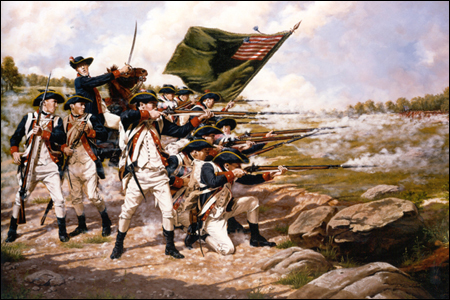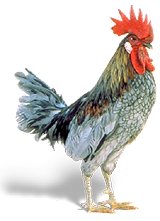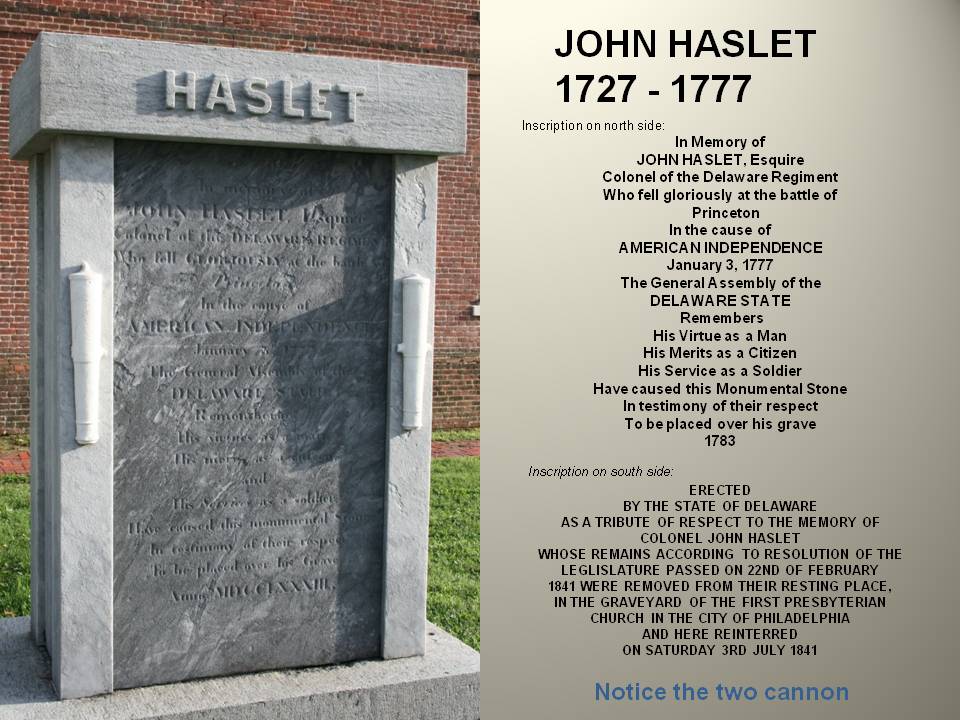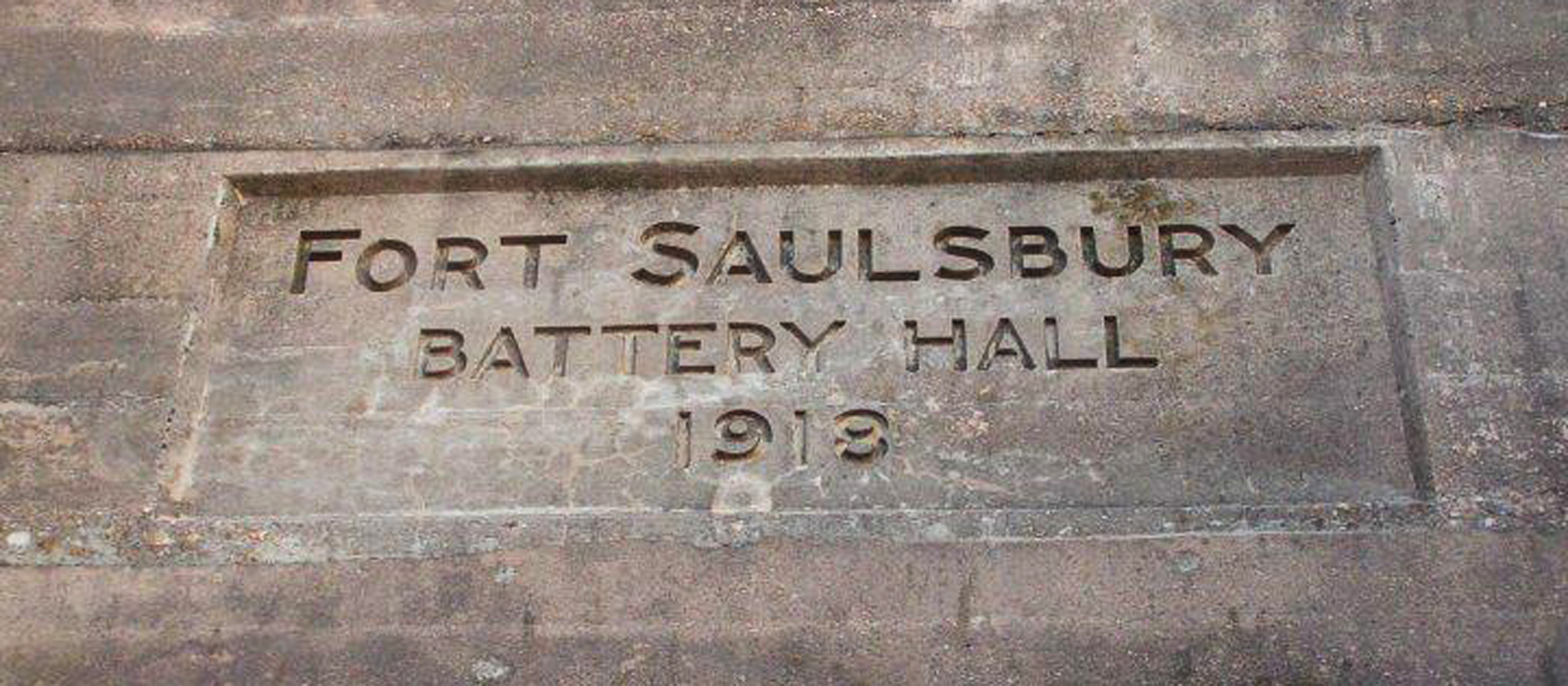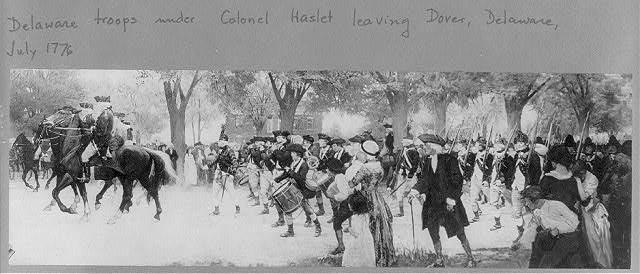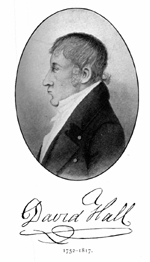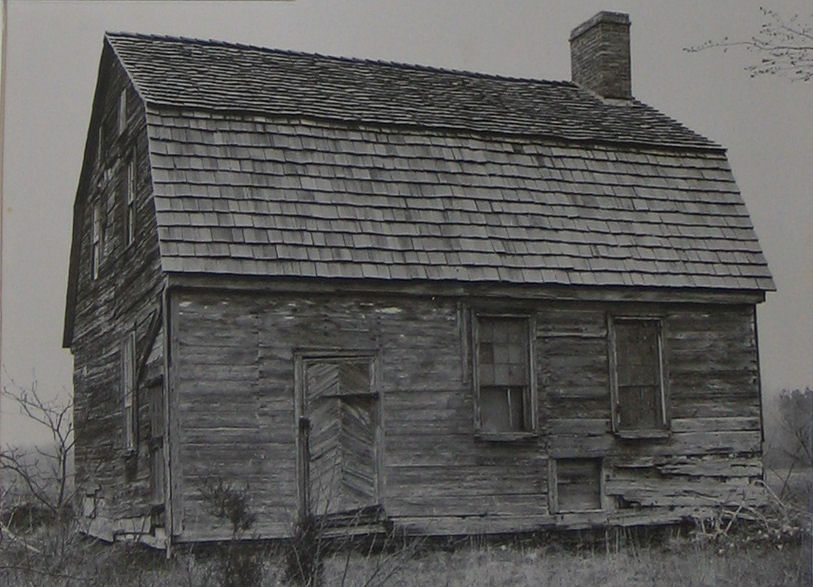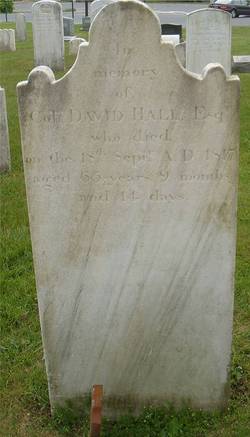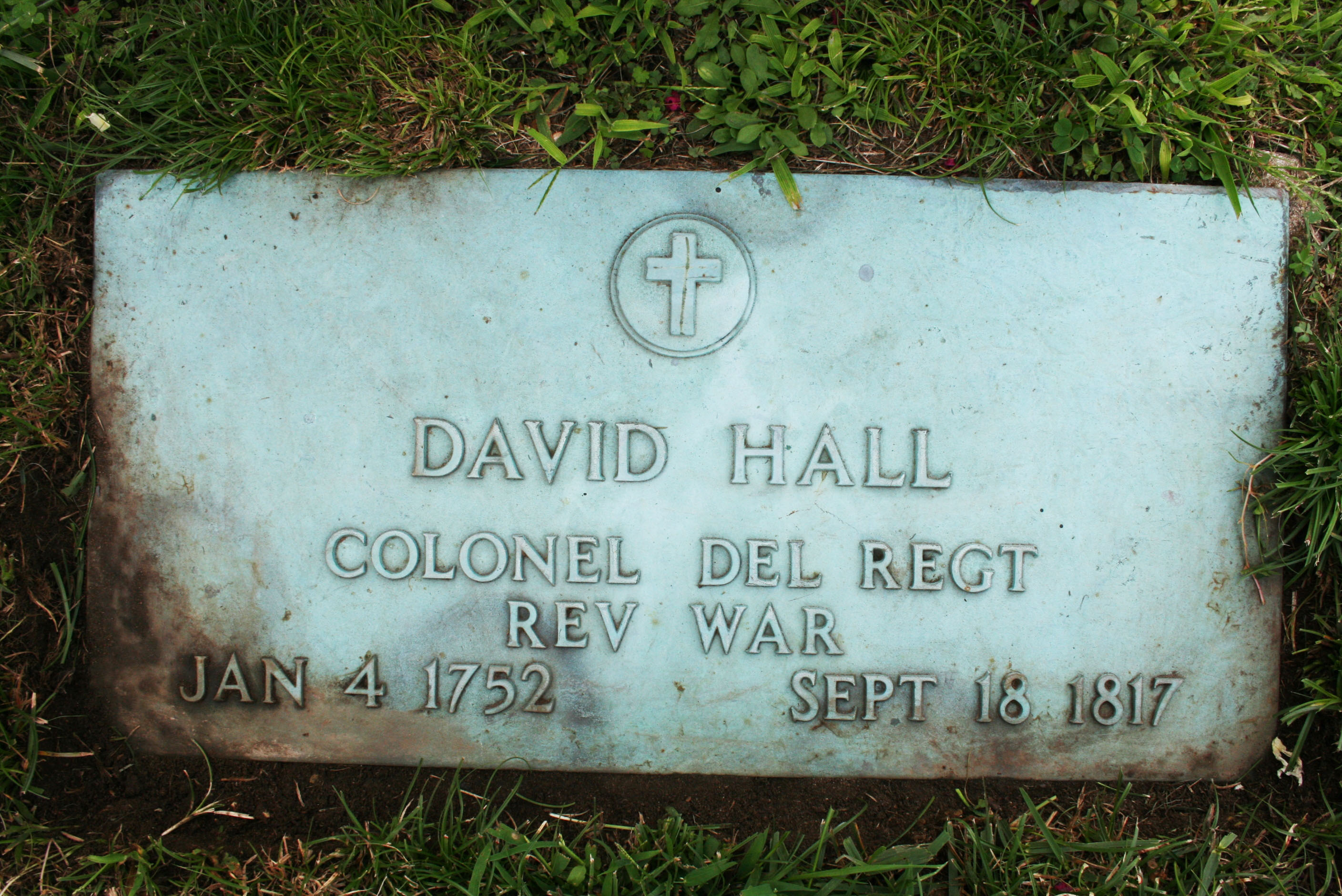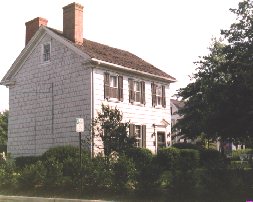Fort Saulsbury, DE
Delaware's Forgotten Fort
Fort Saulsbury was named in honor of Willard Saulsbury, Sr.
Willard Saulsbury, Sr.
June 2, 1820 - April 6, 1892
Saulsbury was born in Mispillion Hundred, Kent County and was the son of William and Margaret Ann Smith Saulsbury. He grew up in the Milford area. He was a younger brother of Governor Gove Saulsbury and U. S. Senator Eli Saulsbury. He married Annie Ponder who was the sister of Governor James Ponder. They had three children; John Ponder, Margaret and Willard, Jr.
Saulsbury was educated at Dickinson College, Carlisle, PA with the Class of 1842 and Delaware College, which is now the University of Delaware in Newark, DE. He studied law, was admitted to the Delaware Bar and began his practice in Georgetown, DE.
He served as the Attorney General of Delaware from 1850-1855. Willard Saulsbury, Sr. was a Democrat and served for twelve years in the U.S. Senate, representing Delaware from March 4, 1859 to March 4, 1871. He was elected for his first term in 1858 defeating incumbent Senator Martin W. Bates and was reelected in 1864 for his second term. Interestingly, he was defeated by his brother, Eli. M. Saulsbury, for a third term. His son, Willard, Jr. also served in the Senate during World War 1.
He then continued his law practice and served as Chancellor of Delaware from 1873 until his death at age of 71 in 1892.
Willard Saulsbury, Sr. is interred at Christ Episcopal Churchyard, Dover, Delaware
Fort Saulsbury had two twelve inch gun batteries and each was named to pay tribute to two of Delaware's Revolutionary War Army Colonels.
Battery Haslet was named after Colonel John Haslet.
John Haslet was an American clergyman and soldier from Milford, DE. He was born in Ulster, Ireland in 1727. As the eldest son, he attended the University of Glasgow in Scotland, earned his degree in divinity in 1749 and was ordained a Presbyterian minister. He married Shirley Stirling, however she died at childbirth of their daughter. By 1764, he had settled in Milford, DE and married Jemima Molleston. In 1767, he bought a tract of land called "Longfield" which is now just off Roosa Road near where the Milford Airpark used to be. They had four children.
Haslet served as a Captain in the Pennsylvania militia during the French and Indian War. As a result of the Continental Congress request, the Delaware Regiment was formed to fight for independence, and Col. Haslet was placed in command. Known as the "Delaware Continentals" or "Delaware Blues," they were from the smallest state, but at some 800 men, were the largest battalion in the Army. Haslet and his men established a reputation that was well known for the "Delaware Line." He crossed the Delaware with Washington and the unit was in the forefront of the victory at the Battle of Trenton. It was during the Battle of Princeton that Haslet was shot in the head and killed.
Colonel John Haslet 1727 - January 3, 1777
Captain John Caldwell was in charge of a group from Kent County and made the Kent County Blue Hen well known. He was under the command of Col. Haslet and the tough Delaware regiment became known as the "The Fighting Delawares." Haslet's regiment also won the nickname, “The Blue Hen Chickens,” because of their known fighting ability similar to Blue Hens. We know it today as the
“Fighting Blue Hens.”
Haslet was first buried at the First Presbyterian Church Cemetery in Philadelphia. By an act of the Delaware General Assemby on July, 1 1841, his remains were disinterred and moved back to Delaware with a military escort to the Presbterian Cemetery in Dover, Delaware.
The Batteries
Battery Hall was named to honor Colonel David Hall.
David Hall was a lawyer and politician from Lewes, DE. He was an officer in the Continental Army during the American Revolution and also served as Governor of Delaware.
He was born in Lewes. His grandfather was Nathaniel Hall, who was known as"the Indian Fighter." His father was a well known farmer in the area. In 1776, Hall married Catherine Tingley, the daughter of the Rector of St. Peter's Episcopal Church. They had six children They build a home on King's Highway across from the Zwannandael Museum.
David Hall studied law and was admitted to the Bar in New Castle, DE in 1773. He joined the 1st Delaware Regiment at the beginning of the War of Independence and served as Captain under Colonel John Haslet. Following Haslet's death, he became leader of the regiment and was promoted to Colonel in April 1777. He was wounded at the Battle of Germantown and spent the next year recovering and recruiting soldiers.
Hall pursued his law practice in Lewes and entered politics. He served as Governor from 1802 to 1805. He was later named as a judge of the Sussex County Court of Common Pleas.
This engraved marking is over the main entrance to Battery Hall. Battery Haslet also has a similiar sign over it's main entrance.
Colonel David Hall
January 4, 1752 - September 18, 1817
The original David Hall house in Lewes, DE
David Hall died in Lewes and is buried there in the Presbyterian Church Cementery. The Cemetery is just down the street from his home.
A later version of the David Hall house

